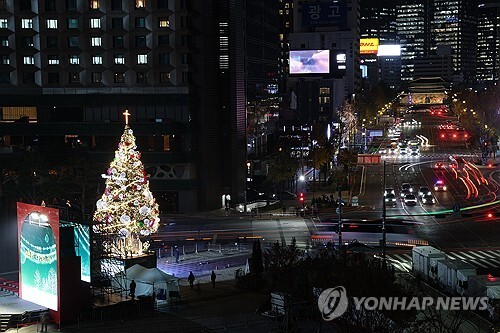 |
| ▲This photo, provided by Yonhap News Agency, shows the dead tuna found on the beach in Namjeong-myeon, Yeongdeok-gun, Gyeongsangbuk-do. |
SEOUL, September 26 (Yonhap) -- At the end of last July, hundreds of dead tuna (bluefin tuna) were washed out on the beach in Jangsa-ri, Namjeong-myeon, Yeongdeok-gun, Gyeongsangbuk-do.
The unpleasant smell of dead, spoiled tuna and the decomposition smell made the beach tourists frown.
These dead tuna were washed out of the beach because of the fishermen using a net fishing boat, who captures the tuna and throw it back to the ocean.
What would be the reason behind the fishermen throwing expensive and delicious tuna back into the ocean?
According to Yeongdeok-gun and Gyeongsangbuk-do, there are limited numbers of tuna which can be fished according to the international agreement.
If fishermen go against this law, they will be sentenced to up to two years in prison or fined up to 20 million won, according to the fisheries act.
The amount of tuna that can be caught this year in Gyeongsang Province is 74.4 tons.
However, the capacity was filled in July already.
Therefore, about 10 fishing boats fishing off the coast of Yeongdeok with net fishing boats at the time dumped 13,000 tuna caught after the capture limit was reached.
It is inevitable to not capture tuna, as fishermen can check the fishing net just after bringing it up.
 |
| ▲This photo, provided by Yonhap News Agency, shows the dead tuna found on the beach in Namjeong-myeon, Yeongdeok-gun, Gyeongsangbuk-do. |
They won't be able to take the captured tuna to the port and sell it when they have met the limit already because it will be disposed of anyway. So, therefore, they are directly thrown back to the ocean.
Tuna cannot stay alive for a long period of time after being captured, so most of them are thrown dead.
Dead tuna sink into the ocean floor, rise as they rot, and are washed out of the beach with the waves and pollute the ocean.
In particular, tuna, which was rarely seen in the East Sea due to climate change, rising water temperatures, and changing ocean currents, has recently been caught in large quantities.
There are opinions from not only the Yeongdeok area but also from the east coast city saying that the capture limit should be expanded or find ways to utilize the inevitably captured tuna.
(This article is translated from Korean to English by Dowon KIm,)
(END)
(C) Yonhap News Agency. All Rights Reserved


















![[풀영상] 영화 '하트맨' 제작보고회|권상우 Kwon Sangwoo·문채원 Moon Chaewon·박지환 Park Jihwan·표지훈 피오 P.O|HEARTMAN](/news/data/20251211/p179554806839266_806_h.jpg)





![[가요소식] 지코, 요아소비 이쿠라와 신곡](/news/data/20251212/yna1065624915953509_920_h2.jpg)








